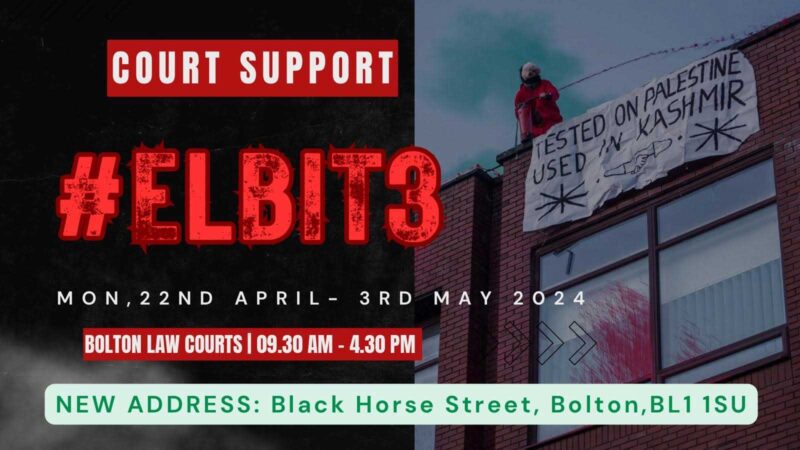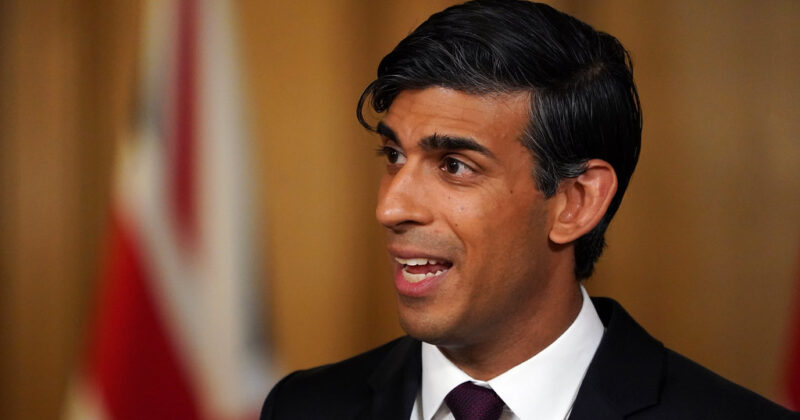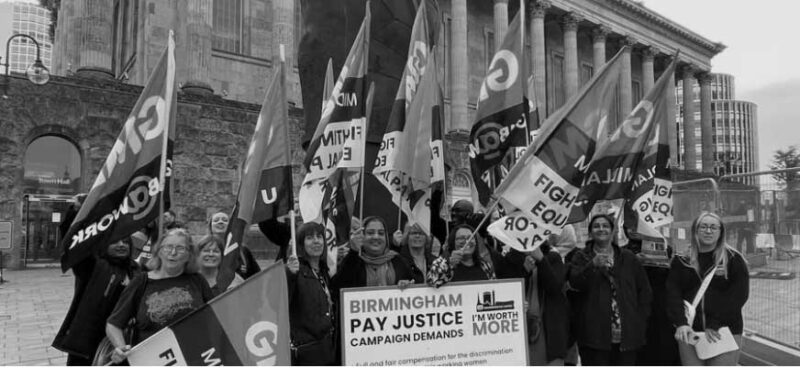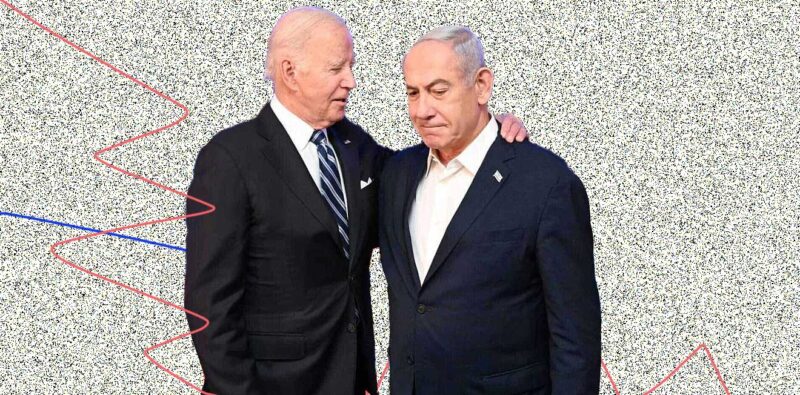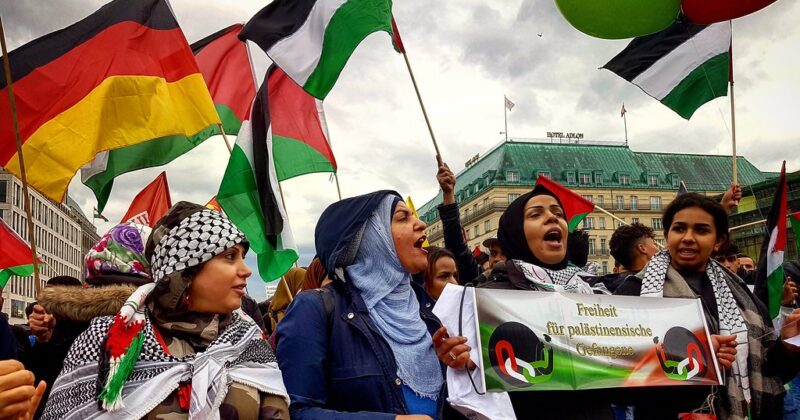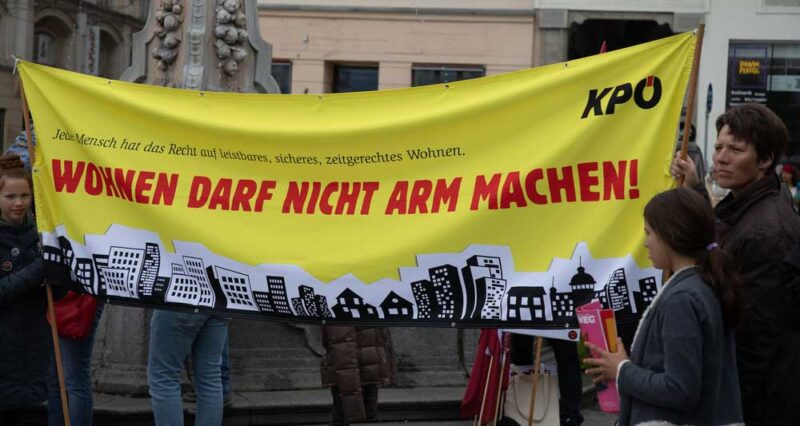Ukraine: nationalist coup sparks imperialist tensions
The Ukrainian working class has no reason to regret the downfall of the corrupt Viktor Yanukovich or his ministers and police chiefs.
His brutal repression on the 30 November of a peaceful occupation of Independence Square, using Berkut special forces, launched a movement which would eventually bring him down. Then, on February 20-21, police snipers opened fire indiscriminately on the Euromaidan forces, killing upwards of a hundred people. This made his downfall inevitable and richly deserved.
But Yanokovich’s crimes should not make workers and socialists either in Ukraine or internationally support the forces that overthrew and replaced him. This was not an insurrection whose primary objective was democracy and social justice. It was spearheaded by fascist squads and put into power right wing neoliberal politicians whose objective is to subordinate Ukraine to European Union imperialism and to submit the country to a “reform” programme that will hit the already impoverished working and unemployed masses.
In addition, if successful, it will lead to national oppression of those who do not share the right wing Russophobe version of Ukrainian nationalism. This government not only has within it fascist ministers but now has a police force and fascist gangs carrying out repression of those who will not recognise its legitimacy. Last, but not least, such a government, under the thumb of Berlin and Brussels, will provoke civil discord and even civil war, giving a pretext for Russian and Nato threats of intervention.
As the Euromaidan occupation developed, the more progressive forces; liberal students, anarchists and syndicalists, who believed that “Europe” would mean more democracy and prosperity, found themselves marginalised and excluded by forces far to their right. Right wing nationalists who despise Russia and “the east” came to dominate the Maidan and fascist militias, most prominently Pravy Sektor (Right Sector) controlled it. The movement consequently became much more Russophobic, stressing the threat from Russian imperialism, and using reactionary nationalist slogans.
This inevitably alienated the large Russophone parts of the population who do not identify with the EU. Already its leaders are threatening those who reject the illegitimate regime with punishment as secessionists. These fears were confirmed when the purged Rada, as one of its very first acts, threw out a bill which gave Russian speakers in areas where they were majority the right to use their language in official business.
Plainly, this is in no sense a democratic revolution like the Arab Spring. Rather, it has a counterrevolutionary character. Ukraine’s billionaire oligarchs, far from being driven from power, will simply switch horses and, backed by the European Union, make the workers pay cruelly for the economic mess the country is in. What this means, the workers in Greece can testify to.
Whilst Ukraine’s dire situation is in large part due to the world capitalist crisis, it is also due to the oligarchs’ plundering of their own country under both the previous two presidencies. This corrupt neoliberalism continued unabated under the regime installed by the Orange evolution of 2004-05 and produced a clear defeat for the right wing nationalists in the 2010 elections. Elections that were registered as free and fair by the EU and US, who have now aided and abetted this coup.
The character of the counter-revolutionary regime
The new government, elected by the Verkhovna Rada on 28 February, a parliament from which over a hundred of Yanukovich’s Party of the Regions members had fled, was presented to the Maidan for approval. The executive is now headed by acting President Oleksandr Turchynov and Prime Minister Arseniy Yatseniuk from the All-Ukrainian Union “Fatherland”. Oleksandr Sych, a leader of the fascist Svoboda, has been appointed deputy prime minister and two other Svoboda members have ministerial posts. Oleg Mokhnytsky, a Svoboda member of parliament, now runs the general prosecutor’s office led by Oleh Tyahnybok. Svoboda is no fringe party either. It already has 36 seats in the Rada and can look to increase its tally substantially in the May elections.
This is a neoliberal government but with fascist ministers. approved of by the USA and the European Union (the “democratic imperialists”). More important than these ministerial portfolios, is the way that the various fascist militias have purged and linked with the police forces in major cities in east and central Ukraine. They are the most reliable enforcers of the new regime. With the support of Vitali Klitschko who heads UDAR (Punch) the Yatseniuk government will work overtime to do the bidding of its backers in Berlin, Paris and Washington.
It will stampede to sign the EU Association Agreement whose suspension started the entire movement. Some of those caught up in the movement naively believed the Agreement would mean a massive bailout from the ECB and the IMF for the economy, which according to the new government is “on the edge of the abyss”. Indeed, the Ukrainian economy needs an injection of around $35 billion just to meet its immediate financial needs this year alone. But IMF loans and ECB credits come not so much with strings as heavy chains attached.
The new prime minister has already talked of the unpopular measures he will introduce and claims his ministers are a cabinet of political suicides. The reforms that the IMF will demand as a condition of loans will mean that the Ukrainian currency will be hit by spiralling inflation; real wages, already terribly low compared with Russia, will fall yet further. The Free Trade Agreement will rapidly start to obliterate much of Ukraine’s industries and commerce, unable to stand up to foreign competition. The structural reforms will mean closures and mass job losses in a country lacking the welfare infrastructure to sustain those thrown out of work. The large-scale industrial sectors of the economy in Eastern Ukraine, steel, coal and engineering are still largely linked to the Russian market. Many could collapse completely. This will be made more likely if relations with Russia go into deep freeze, and trade links with it are severed. Things will move even faster if Putin turns the oil and gas taps off, when Ukraine cannot pay.
A full-scale economic war between Russia and the EU is far from excluded, especially if the EU continues its geostrategic advance and even moves onto the military terrain by granting Ukraine Nato membership. Thus, the economic policies of the new regime, if they can implement them, will mean heavy blows for Ukrainian workers in the west as well as east.
However, the most burning dangers are political as the counter-revolutionary regime establishes itself. On the streets, the fascists, now fused in many western areas with the police who came over to them, will be the shock troops of the offensive launched by the new government against the workers of southern or eastern Ukraine if they resist. Already, they have been on the rampage in the central regions, pulling down and smashing statues of Lenin, burning Ukrainian Communist Party locals, trade union centres and attacking some Jews, and violating Soviet era war memorials. They openly threaten those who resist them with what would in fact be national oppression; for being “insufficiently patriotic” and for their Russian sympathies and language.
The fight to ward off the fascist threat is thus an urgent one. Lying low in the name of preserving national peace and unity will not work. Pacifism will only encourage and increase the spread of fascist outrages. The experience of fascism throughout history and around the world shows that the working class of Ukraine will pay heavily if it passively awaits a full-scale nationalist and fascist offensive. It needs to organise defence forces and forcefully check the very first signs of fascist attempts to establish control over the streets.
The crisis of independent working class leadership
The main problem facing Ukraine’s workers is the deep crisis of leadership within its ranks. According to its own estimates, the revolutionary left is very weak; the anarchist and syndicalist forces are politically confused, having oscillated between participation in the movement (some being absorbed by the forces of the “national revolution”) and adopting a “neutral” position.
A far deeper problem is the effects of two decades of the restoration of capitalism by the oligarchs, their domination over the major trade unions and their bureaucracy and the role of the Stalinist Communist Party of the Ukraine (KPU). These have largely obliterated the experience of mass resistance and strikes in the late 1980s and early 1990s. This heavy legacy of defeat and subordination to “their” oligarchs, especially in the east, explains why the working class has remained inactive and on the sidelines since the outbreak of the protests three months ago. This burden of historic defeats is poor preparation for the tasks the working class faces in the coming weeks and months.
Understandably, workers had little or no enthusiasm either for Yanukovych or the Party of Yulia Tymoshenko. Klitschko, long-term resident in Germany, and protégé of Angela Merkel and her German Christian Democrats, was unlikely to attract workers either. Since the fascist forces around Svoboda and Pravy Sektor came to the forefront bearing aloft the icons of the genocidal anti-semite Stepan Bandera, workers’ non-participation was even more understandable. However, abstention, in a situation where counter-revolutionaries and reactionaries were running riot, was no solution.
What was needed was not support for Euromaidan but an independent, working class mobilisation for social justice and decent wages, against the corruption and economic plunder of the oligarchs, for equal opposition both to the EU Treaty and to Yanukovych’s deal with Putin. This would also have meant the demand for democratic rights; the abolition of the presidency, a new constitution and a democratic Constituent Assembly to debate it, plus the economic and social basis that Ukraine should have. In short, the working class should have taken an independent position and used its massive social weight to check and defeat the brutalities of both sides.
The arguments by some on the Ukrainian left, and more western “revolutionaries”, that nothing can be done except to wait and make propaganda so that the right wing ideological hegemony can be challenged over the years or even decades ahead, is a counsel of despair. Even if active resistance to the new regime were to be defeated, this would not be the worst outcome. Failure to resist a counter-revolution, as Germany in 1933 showed, represents a far greater defeat.
Even at this, the eleventh hour, the real revolutionaries will be found fighting for a break from passivity, for an unequivocal break with the oligarchs of the east and against reliance on the state forces in these regions. Even more will they oppose appeals to Putin to intervene. They will recognise that the working class remains the only social force with the concentrated numerical strength and economic impact to check the depredations of the illegitimate government and their fascist enforcers and avoid a slide into civil war.
Revolutionaries must organise themselves within the working class to create a revolutionary workers’ party, even under fire. It will need to be modelled on the party of Lenin and the Bolsheviks, very different from the Stalinist bureaucratic monstrosity that ruled Ukraine for over half a century. Hard to accomplish as this task will be, it is not impossible. Even if those who advance a correct strategy fail to persuade the workers to adopt it in time, they are likely to be turned to by the best militants when they realise that this alone could have guided them to victory. All those on the left who see the need to build such a party need to organise themselves now for this task and deserve to be helped and strengthened materially and morally by all revolutionaries internationally.
In this context, we support the call of the Ukrainian socialist organisation Borotba for organised self defence against fascist attacks and for socialist and working class militants to join the resistance to the new regime, while at the same time opposing the reactionary influence of Great Russian chauvinism within this movement or any intervention by Putin.
Support working class self-defence and resistance
The working class now has to act to defend itself against a dual threat: the immediate threat is from the reactionary government and the fascist brigades which have replaced or fused with the police force and are being sent eastwards. The urgent task is to build a workers’ militia, under the control of the workers’ councils to mobilise against either a Kyiv government or fascist attack.
The second threat is the destruction of the industries of the east, industries that are the basis for the jobs of a large part of Ukrainian society and will face closure as “rustbelt” when the neoliberal experts already on their way from New York and Berlin get to work. The factories, whose production was used as a basis for huge privileges for decades by bureaucrats and then expropriated and were then privatised by the oligarchic ruling class, should be occupied against any attempts to run them down. They should be put under workers’ control and, echoing the demands of the workers of Tuzla in Bosnia, the factories, mills and mines should be renationalised. Under democratic workers’ and consumers’ planning they can be expanded to provide jobs and develop production which prioritises the needs of the working class; homes, healthcare, the environment, education and the means for cultural and social regeneration.
While workers will be understandably furious to see the vast wealth of Yanukovych’s palace, it should not be forgotten that all of Ukraine’s oligarchs and political leaders reside in similar luxury. Using the wealth plundered from Ukraine, they have also bought themselves mansions in London, Berlin, and the Riviera. Workers should draw attention to the origin of this wealth; the low wages and workers’ pitiful living standards, social services and the state of industry. Workers’ inquiries should be established to report on the conditions of life and the state of industry, exposing the corruption which has ravaged the economic fabric of society and demanding that the accounts be opened to public inspection. The factories should be turned over to the control of the workers who have no interest in wrecking them, but rather integrating them into a plan of socially-useful production. A key part of this will be an appeal to the workers of the west, particularly in London and Germany, to investigate where much of the plundered wealth of the Ukrainian oligarchs has been stashed, either with commercial banks or in luxury property.
The resistance to the new regime must be rooted where the working class is organised; in production, transport and commerce, where workers have the potential to bring the source of the oligarchs’ wealth, their labour, grinding to a halt. Workers’ committees in the factories and neighbourhoods can provide the basis for councils of action, which also assemble delegates from the unemployed, the youth and pensioners.
Delegates accountable to their electors, recallable when necessary, can organise collective self-defence which does not rely on Russian troops or the state apparatus and, above all, debate out the workers’ response to the crisis. Working class self-organisation based in the sphere of production, expressed in the collective political decisions of workers’ councils, will put the workers’ social demands onto the agenda, and raise the question of who should run the country, and in whose interests. The formation of such democratic assemblies and workers’ councils is the only way in which the workers themselves can gain the ability to act in their own interests and to debate and agree a strategy of resistance.
If the counterrevolutionary Rada attempts to impose its power, the working class will need to mobilise the most powerful weapon in its arsenal, the general strike, which will paralyse the oligarch’s profit machine, suspend the state’s functions and pose the question of power.
In a country where the government is weak and forms of territorial dual power may develop, the workers must fight to create their own forms of governance and self-defence. They should not accept the power of regional oligarchs still not won over to the Kyiv regime. The workers must acquire the weapons to defend themselves. They must do what the fascists have done and open the armouries of the police stations and barracks. They must win over the sections of the regional state forces and fight alongside them if they defend their communities.
The general strike poses an alternative not between this or that faction of the oligarchic ruling class, but between capital and labour, between those who produce all of society’s material and cultural wealth, and those who live a parasite’s life, growing fat off their regime of plunder. So, the working class in the industrial heartlands should agitate for the army and police to hand over weapons to the people and elect workers’ councils in workplaces and neighbourhoods. Soldiers’ committees should be organised in the army to win rank and file soldiers to the cause of working class power.
Workers’ councils should be linked up as much as possible between East and West, making common cause for the defence of a united Ukraine, and against the intervention of all the imperialist powers, not just the EU, which undoubtedly has the upper hand at the moment, but also Russia. It is possible that Russian “volunteers” from the far right, or even Putin’s special forces, might start to arrive in significant numbers. Of course, it is permissible for revolutionary volunteers to go to the aid of their Ukrainian brother and sisters but to do so under the flags of Great Russian chauvinism, let alone fascism, will not aid but harm irreparably the cause. It will make it more difficult to achieve class unity to win Ukrainian workers from the west of the country.
Against nationalism
The growth of ultra-nationalist sentiment in Ukraine has to be understood in both its historic and modern context. The crimes of Stalinism, in particular the mass deportation of the Crimean Tatars, the suppression of the right to self-determination and the purging of all wings of the political and cultural nationalists, have cast a long shadow. The rehabilitation of the fascist Stepan Bandera by the Yuschenko regime, brought to power in the so-called ‘Orange Revolution’, has to be understood in the context of his Ukrainian Insurgent Army’s principal struggle, which was against the rule of the “Muscovite-Jewish” Bolsheviks. His collaboration with the Nazis in this mission saw his forces participate in the ethnic cleansing of tens of thousands of Poles and the extermination of over one million Ukrainian Jews.
On the other hand, the crimes of Stalinism during the artificially created famine of the early 1930s, the Great Purge and in the early days of the war, are what gives a pretext to the fascistic and neo-banderist forces. The fact that Crimean Tatars have joined the nationalist demonstrations under the slogan ‘Glory to Ukraine’ is no surprise, when Russian chauvinists praise Stalin, the man who expelled their community from the peninsular and deported them to central Asia. However, fomenting or reviving nationalism can only lead to a disaster similar to that which struck the countries and peoples of the former Yugoslavia in the early 1990s.
In the epoch of imperialism, no nationalist ideology can play a progressive role, unless it is the organic expression of a movement against actual national oppression. Moreover, it can be reversed, as the Ukrainian nationalists are now trying to do. However, demands for independence or separation, strongest in the former Russian province of Crimea, are not the solution for Crimeans or for the workers of Kharkov and the industrial regions along the Don basin. This “independence” could only be guaranteed by Russian troops, no independence at all, and it, too, could ignite a war similar to the horrors that tore apart the former Yugoslavia.
Ukrainian workers should appeal to their fellow workers in Russia, Poland, the EU, but also the revolutionary workers of Bosnia, to support them in their struggle to maintain an independent, united Ukraine with no privileges whatsoever for any ethnicity or language. They need to set themselves the goal of exposing and halting super-exploitation by every wing of the capitalists.
Of course, the imperialist powers do not actively want a civil war in Ukraine, not least because they don’t yet wish to disrupt the flow of Russian gas through the country’s pipelines. But the rulers of Europe did not actively “want” the First World War or, more recently, the wars that broke up the former Yugoslavia. Nevertheless, their rivalries and struggle to establish an economic and geostrategic advantage over their rivals drove them to actions which produced destructive wars. That is the situation that could rapidly develop in Ukraine in the months and years ahead. The bloody history of Europe under the yoke of imperialism shows that the imperialist rulers, “democratic” or not, do not always correctly judge the further consequences of their immediate policies.
Avoiding a Yugoslav style civil war or, even worse, a generalised European conflict if Russia were to intervene, and preserving a united Ukraine, independent of the imperialist rivals, requires the working class to intervene and indeed to take control of the country. Workers’ power alone can stop the fascists and the nationalists of both ethnicities and their foreign backers from ripping their country apart.
Neither Moscow nor Berlin – for workers’ internationalism
This means that the defence of workers’ action in Ukraine must come primarily from the workers in Russia, Germany and the rest of Europe, who have absolutely no interest in seeing the competing imperialism colluding to enslave the Ukrainian workers. Against the politics of despair, the answer and inspiration is the genuinely democratic and internationalist spirit of the Bosnian protests. ‘Down with nationalism!’ is the slogan on the streets as they fight for all nationalities in their country against austerity and inequality. Unity of the workers and poor of all nationalities against national hatreds, austerity, and capital: that’s where the hope for Ukraine lies.
The bourgeois nationalist parties have taken power in an anti-democratic coup, using the fascist paramilitaries and rebellious police forces. Workers should make it clear they do not recognise the legitimacy of this government, its orders, the laws and decisions of the counterrevolutionary Rada. They should regard as null and void any deals it strikes with the EU. They should demand the government’s resignation, the dissolution of the Rada and the calling of free elections to a Constituent Assembly.
So, the working class should demand that the army and police hand over weapons to be distributed by the trade unions, and the creation of workers’ councils in workplaces and neighbourhoods. If the state security forces in the East or West refuse to do this, then the workers should attempt to gain them for themselves. This will undoubtedly bring the fascists and police forces down on them, but the alternative is to leave the monopoly of force in the hands of the nationalists and fascists, who have already demonstrated exactly what they mean to do with it.
Workers’ councils should be linked up as much as possible across East and West, making common preparations for the defence of a united Ukraine, and against the intervention of all the imperialist powers. The workers in the East are currently in a stronger position to make this appeal to the workers in the West, because they are not facing intimidation by organised and armed fascists.
The effort to organise democratic workers’ councils to take over the administrative functions where the government buildings have been occupied by fascists, nationalists or the deposed Yanukovych regime, should be defended by workers with weapons in their hands. The working class should not wait for outside intervention from Russia, nor allow the reactionary, undemocratic new regime to consolidate its power with the May 25 elections, held at gunpoint. It should start preparations for generalised strike action against the new regime: the Maidan movement never saw any significant strike action, and it is clear that this will be very difficult to organise. Nevertheless, this is the only way to open up the workers’ front against all wings of the capitalist class.
The workers of Russia, Poland, and the other EU countries, need to support the struggle to maintain an independent, united Ukraine with no privileges for any ethnicity. That struggle should go on to start the process of suppressing exploitation by every wing of the capitalists and, in particular, to destroy the fascist organisations. Its slogan must be a united socialist Ukraine as part of a Socialist United States of Europe.
Berlin, February 27, 2014




